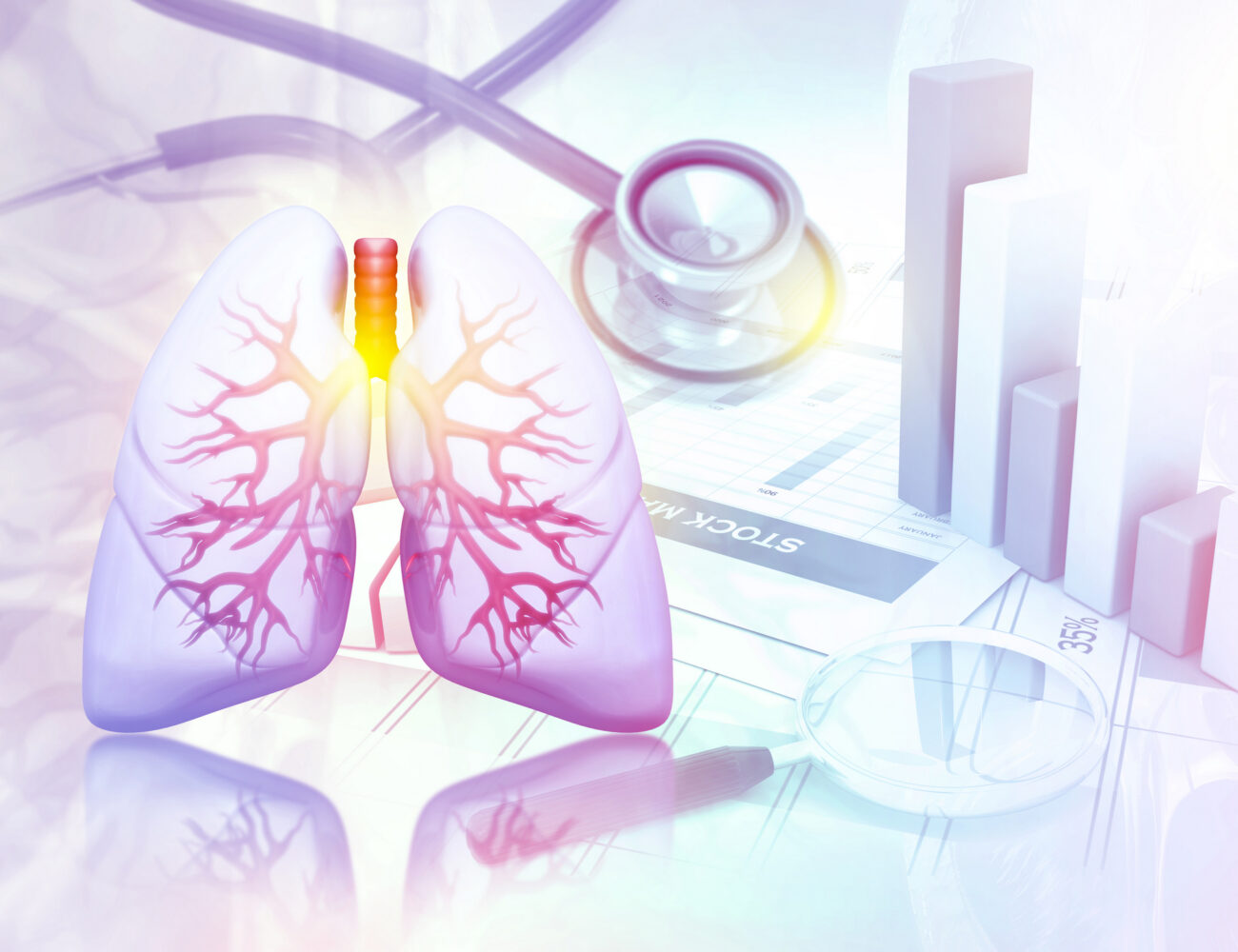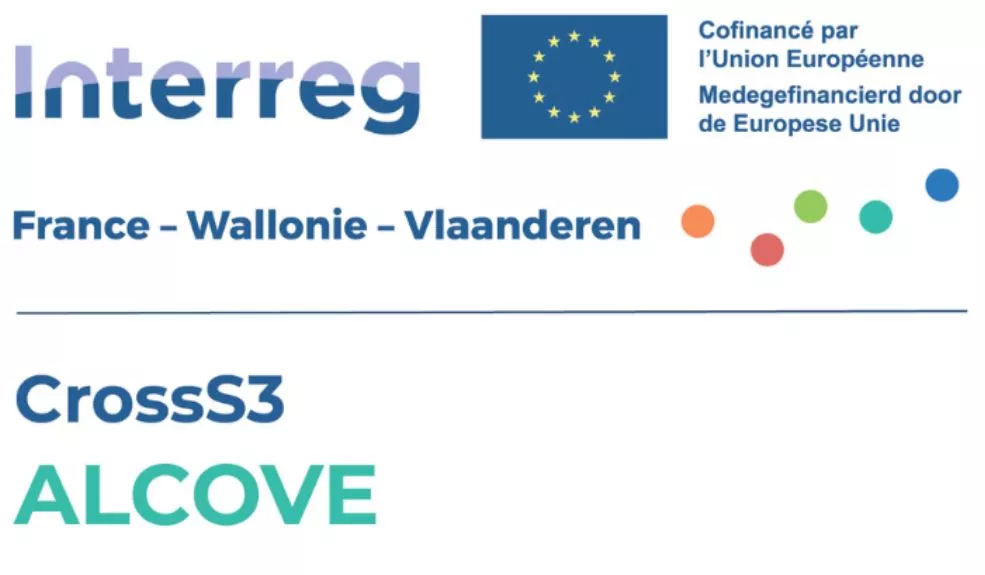

ALCOVE
Start of the project: 01-10-2024
End of project: 30-09-2028
GENERAL OBJECTIVE :
Bronchopulmonary cancer (PBC), often diagnosed at a late stage, is a cancer with a poor prognosis. Improving screening for PBC is therefore a major public health issue and requires the implementation of organised screening programmes aimed at at-risk populations (e.g. smokers). In the near future, this screening will be carried out by low-dose radiation thoracic scanner (LD-CT), but this poses 2 limitations for the health authorities:
1. Optimising its relevance by better characterisation of target populations
2. The monitoring and management of abnormalities frequently detected in thoracic imaging, triggering invasive diagnostic examinations.
The analysis of volatile organic compounds (VOCs) in exhaled air, using an electronic nose, offers the potential for non-invasive diagnosis of PBCs and could address these 2 issues. A prototype electronic nose, was developed and tested on artificial breath in the laboratory during the PATHACOV project (2018-2022). At the end of a very large-scale clinical study (1,400 subjects), PATHACOV highlighted a list of VOCs that are potential markers of PBC and algorithmic rules that can be used to discriminate diseased subjects from subjects a priori free of PBC.
The challenge of the ALCOVE project is to optimise and miniaturise the prototype in order to make it operational for tests under clinical conditions (TRL 5-6) before considering a future transfer to industry and then to clinical practice.
To achieve this, 3 objectives have been defined:
1. Make the electronic nose prototype suitable for use in hospital conditions (European regulations)
2. Evaluate the ability of the electronic nose to distinguish patients who are ill from those who are a priori free of PBC, in conditions close to screening.
3. To encourage the future integration of the electronic nose in PBC screening programmes.
MATERIA NOVA'S MISSION :
Materia Nova's objective will be to miniaturise the sensors identified as being the most efficient, which will then be integrated into electronic noses. A stability study of these micro-sensors will be carried out to assess their efficiency after cycling and to conduct ageing tests. These tests will be used to determine how often the microsensor will be used in the e-nose during clinical trials.
Materia Nova will also be working on mechanisms for the reproducibility and mass production of these microsensors.
Several units will have to be produced for clinical validation in several hospitals. With a view to further miniaturisation, the resistive sensors will be replaced by transistors.
Materia Nova will transfer the sensitive layers onto the transistors developed by UReims.
PARTENAIRES : CHU Lille, ULiège, UMONS, ULille, IMT NE, Materia Nova, Eurasanté, CHU Amiens, CHU Reims, CH Arras, KU Leuven, UReims, CHU HELORA, IJB, UZ Gent, CHU Namur, UZ Leuven
PARTENAIRES ASSOCIES : Observatoire Franco-Belge de la santé, Clinique de l’Europe – Amiens, Clubster Nutrition-Santé-Longévité (Clubster NSL), Société d'Accélération du Transfert de Technologie (SATT Nord), Flanders.Bio, Université de Technologie de Troyes
SITE INTERREG : https://www.interreg-fwvl.eu/
CONTACT :
Driss Lahem
Tel : +32 65 37 44 11
Driss.Lahem@materianova.be
BUDGET TOTAL : 6,608 millions €
BUDGET FEDER : 3,964 millions €